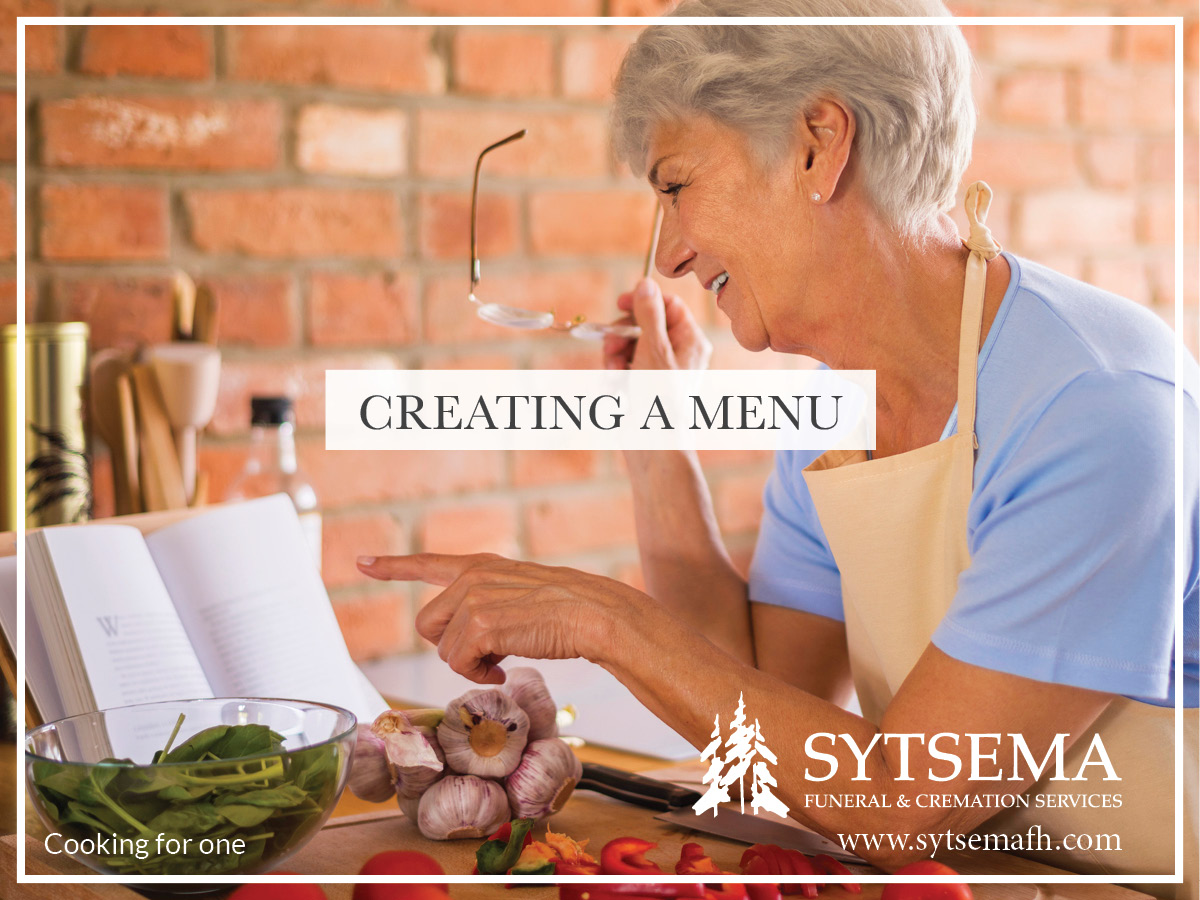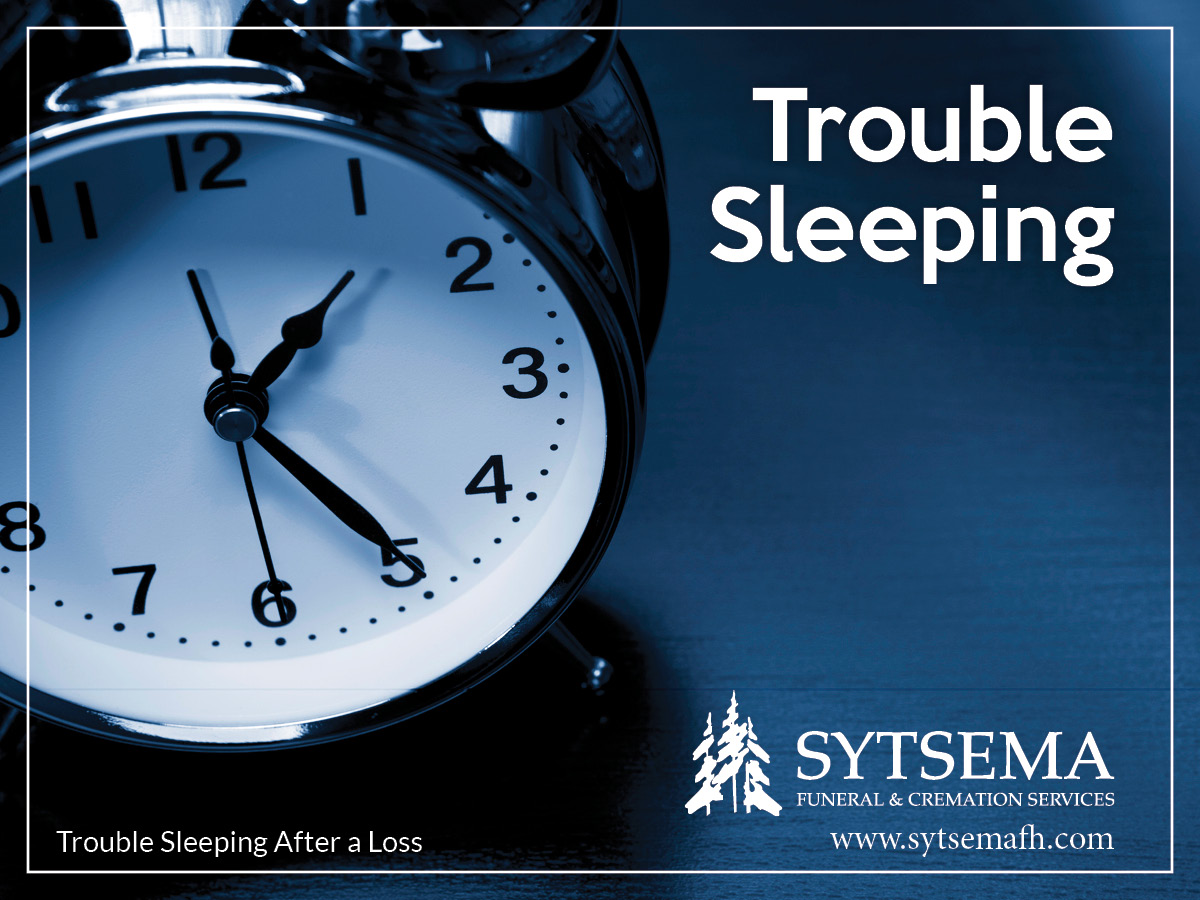The Wednesday before Thanksgiving, standing in the checkout line at the local market, a woman looked up and saw a man gazing longingly at her cart which was full of food. As he looked at the food, he said, “I should learn to cook.” As the conversation progressed, he shared that his wife had died awhile back, and he was still eating frozen dinners. He should learn to cook.
As it turns out, cooking for one is one of the most difficult hurdles a person faces when they lose their life partner. The first step is deciding to cook. Change the way you view cooking. Try looking at making food for yourself as an opportunity, rather than a chore. Take on the challenge of making simple food perfectly. Try to see something positive in the experience. One woman said she can eat when she wants and what she wants. That is her positive. She turns on the TV for company. You deserve to eat well.
Mastering the egg is a great place to begin. A lot can be done with an egg. Eggs can be stored in the refrigerator for weeks and can be used for any meal. Start with a few egg basics. Do cook your eggs gently. Lower the heat and cook them for a little longer time. When cracking an egg, tap it on a flat surface like the kitchen counter rather than the edge of a bowl or pan. This will prevent getting eggshells in your dish. To prevent rubbery egg whites always wait to salt your eggs until after the white is set.
Scrambled eggs are not just for breakfast. They can also be brunch, lunch, or even supper. To make a lovely scrambled egg the most important thing is to get air into the egg mixture. That is what makes them light and fluffy. So, crack a couple of eggs into the bowl add a tablespoon of milk, cream, half and half, sour cream, crème fraiche or even coconut cream. Then use a whisk or a fork to whip the eggs. Elbow up! It is all in the wrist, get some air in those eggs. Melt two tablespoons of fat such as butter or margarine, oil, or spray the pan with a cooking spray. Add the eggs to the fat and stir gently. Remember, medium heat not hot. Cook until they are the way you like them – soft and a little runny or dry. Just before plating your eggs, sprinkle with salt and pepper to your taste.
Hard-boiled eggs have a lot of uses. They can be added to a salad, or chopped with a little celery, onion, mayo and mustard to make an egg salad sandwich. Hard boiled eggs are also a good snack. A properly made hard-boiled egg will have a solid but moist yolk. Green rings around the outside of the yolk are an indication of over cooking. Place cool eggs in the bottom of a saucepan cover with cool water and bring to a boil then turn the heat down and simmer the eggs for seven to eight minutes. Remove the eggs from the pan and put them in a bowl of ice water. Once they are cool, crack the egg on the bottom (not the side) and peel under cold running water. Older eggs will peel the easiest.
Making a Frittata is easy and provides a hearty supper. A frittata is a good way to use leftovers. Served with a small salad or rolls, it makes a complete dinner. Prepare an oven proof skillet and eggs as for scrambled eggs. Before you add the eggs to your skillet, sauté your vegetable and or meats in the pan. Some good combinations include broccoli, potato, and ham or spinach, red onion & bacon. Really, just use what you like and have on hand or left over. Once your veggie mixture is cooked, pour in your eggs and add a handful of the cheese of your choice. You can even top the egg mixture with tomato slices if you are a fan of the tomato. Pop the mixture into a 375-degree oven and bake until puffed and set. Cut and serve. Yum, look what you made!





